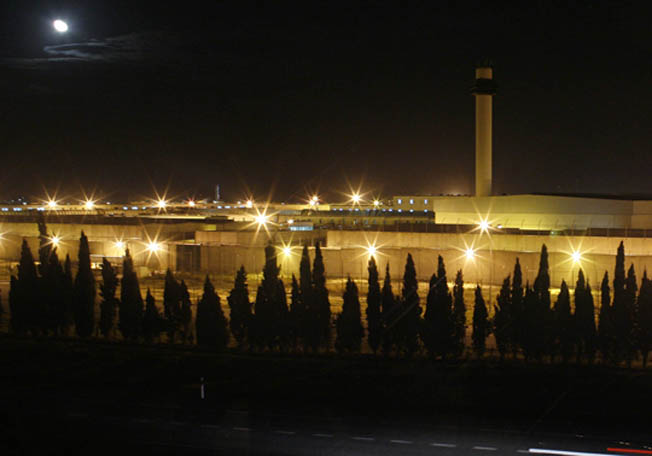A congress analyses probation for sexual and gender-based violence criminals
- Tarongers Institutes Support Unit
- May 8th, 2019

Javier Palao, Dean of the Faculty of Law in the Universitat de València and Pilar de Oliva, president of the High Court of Justice of the Valencian Community, inaugurate on Thursday, the 9th of May the congress “La libertad vigilada y otras penas y medidas en medio abierto: problemas y propuestas de solución” which will take place in the ‘Salón de Grados’ of the Faculty of Law. The inaugural conference will be in charge of Ángel Luis Ortiz González, Secretary-General of penitentiary institutions of the Spanish Government.
The congress is organised as a forum for a meeting of professionals of the judicial and penal practice, academics and representatives of the Public Administration, to analyse the reality of the permission for probation and other penalties and open prison, especially in cases of sexual crime and gender-based violence, and has as objective to propose action lines for helping to solve the existent problems.
In the inauguration will participate Jesús Sánchez-Gadeo, director of the correctional centre “Antoni Asunción” in Valencia-Picassent; Miguel Ángel Martínez, director of the Social Integration Centre “Torre Espioca”; and Clara Viana Ballester, the main researcher of the project I+D+i GV 2017/154 “La libertad vigilada: fundamentos político-criminales y aplicación práctica”, in which framework together with the project I+D DER2017/86336-R, “Derecho Penal de la peligrosidad: tutela penal y garantía de los derechos fundamentales” this congress is celebrated. In the organisation of the congress also participate the Institute of Criminology and Criminal Science, the department of Criminal Law of the Universitat de València and the chair PROTECPOL.
Probation, as a security measure non-custodial for to-blame criminals and post-penitentiary compliance, it was introduced in the Spanish Criminal Code in 2010, limited to sexual criminals and terrorists. The 1/2015 fundamental act has extended it, furthermore, to the sentenced with charges of crimes against life, gender-based crimes and domestic violence in specific hypothetical cases. Over time and the extension of probation in the last group of crimes have been increasing the number of imposed probations, as the ones that already are in the phase of fulfilment. However, the organisers of the congress explain ‘neither the reform of 2010 nor the reform of 2015 have not been accompanied with financial means nor human resources nor the legislative development about its fulfilment. The 840/2011 Royal Decree does not stablish neither the body nor the form in which it needs to be fulfilled, and there is no regulation that attributes specific competences for it to the Management of Penalties and Alternative Penalties Service.
This regulatory gap and the lack of resources, they add, ‘contrast blatantly with the reality in other countries where exist measures of post-penitentiary supervision -that have been equipped with means and infrastructures in order to be able to materialise said supervision- and they are specially obvious when the convict is forced to participate in educational, labour, cultural programmes or similar. It is unknown, they assert ‘what must be the content for this programmes, who has to give them or who must supervise their evolution. On the other hand, it is possible that the convict already has been in some programme or treatment in the penitentiary centre, as an obligation during the stay of the deprivation of liberty or when it has already reach probation.’ And they ask ‘Does it make any sense that this cases have to repeat a programme that has been already done? In case that it had to do some other, what it will be? Who is pertinent to decide it? To who corresponds to offer it and to who to corresponds control attendance? Should be the same bodies that are in charge of the fulfilment of other penalties and measures in open prison or should be others?
More information:
File in: Recerca, innovació i transferència
















